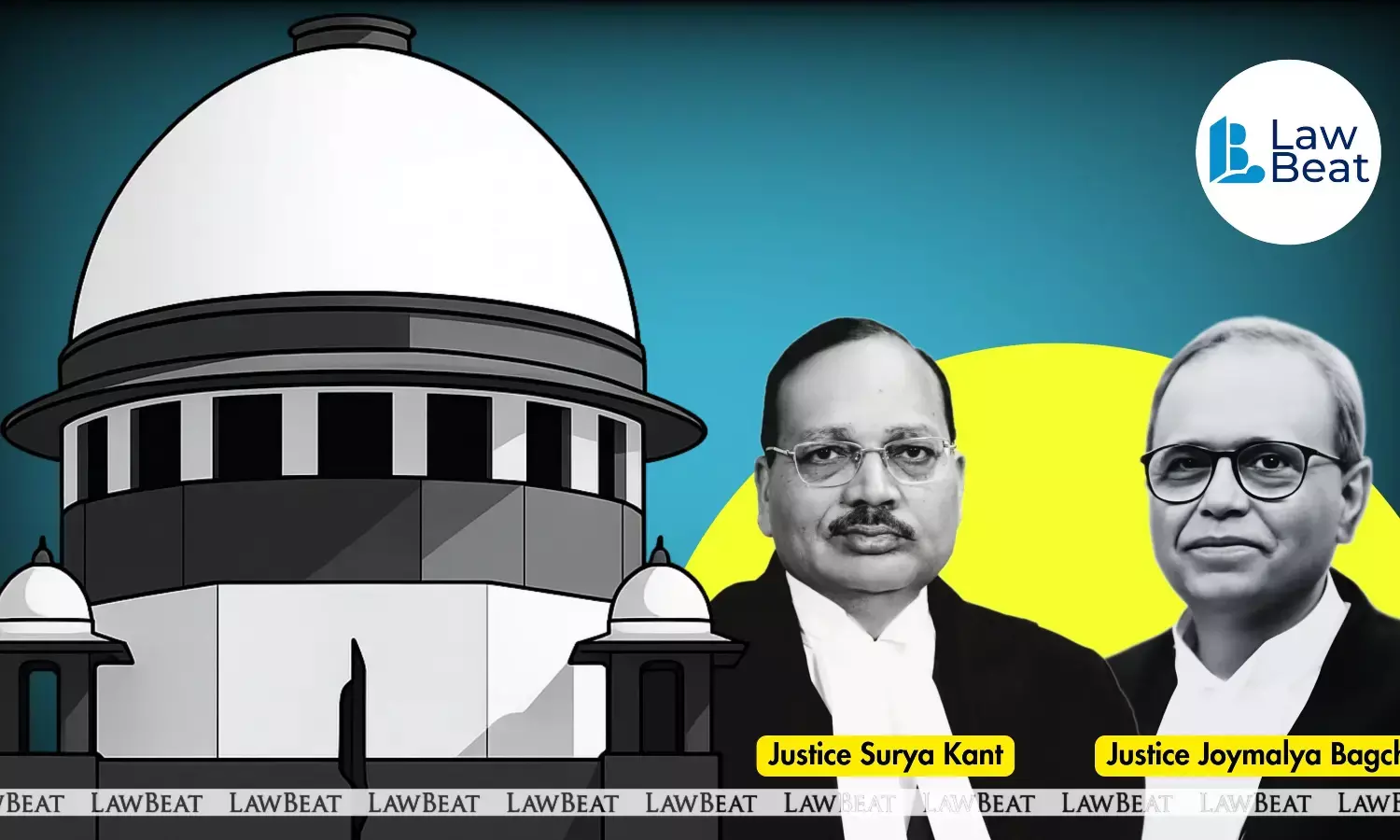Supreme Court Acknowledges Centre’s Steps on RTI Appointments, Expresses Confidence in Compliance

‘Building Houses for Themselves, Not Courts’: Supreme Court Slams Punjab Over Infrastructure Failure
The Supreme Court on Monday expressed concern over the continuing vacancies in the Central and State Information Commissions, observing that delays in appointments and lack of transparency in the selection process threaten to undermine the Right to Information (RTI) regime.
The Bench of Justices Surya Kant and Joymalya Bagchi was hearing a public interest litigation filed by activist and Advocate Prashant Bhushan seeking directions for filling up the vacant posts in Information Commissions across the country, as mandated under the RTI Act, 2005.
Appearing for the petitioner, Bhushan pointed out that despite five prior orders of the Supreme Court directing the Centre and State governments to fill the vacancies, little progress had been made. “They keep seeking time. There is no transparency. They have not put out the shortlisting criteria or the names of those shortlisted in the public domain. The public must know these details before appointments are made,” Bhushan argued.
He further alleged that the government’s current stance would allow it to appoint individuals who had not even applied, thereby violating the principles of fairness and openness mandated by the RTI Act.
Justice Surya Kant acknowledged the delay but observed that the Union government had sought two to three more weeks to complete the selection process. “You’re right there’s a delay, but they are asking for two or three more weeks. Let the right time come,” Justice Kant said.
Unconvinced, Bhushan pressed the Bench to ensure that transparency precedes appointment, not follows it. “People have the right to know who has applied, what the shortlisting criteria are, and who has been shortlisted. This information must come before the appointment,” he contended.
Additional Solicitor General (ASG) K.M. Nataraj, appearing for the Union government, countered that the petitioner was seeking premature judicial intervention. “They cannot make these arguments before the appointment is made. The appointment process must be completed first,” Nataraj submitted, adding that the petitioners were “mixing up eligibility and suitability.”
The Bench, while agreeing that excessive judicial interference at every stage could disrupt the selection process, assured that transparency and the citizens’ right to know would be safeguarded. “If we start having judicial scrutiny for every stage, there will be no selection. Transparency will have to be there, and we will ensure it. The right to know is there, there can’t be an exception to that,” Justice Kant remarked.
He further assured Bhushan that the Court would examine the process if any ineligible person were appointed. “We will make sure they disclose the details,” the judge said.
Passing its order, the Bench recorded that the Search Committee for the Central Information Commission (CIC) had completed its exercise and that the Selection Committee, comprising the Prime Minister, the Leader of Opposition, and another member, would consider the shortlisted applicants within three weeks. “We have no reason to doubt that the Union shall follow the guidelines laid down in the Anjali Bhardwaj case and finalise the process at the earliest,” the Court noted.
Turning to the situation in Jharkhand, Bhushan informed the Court that the State Information Commission had been completely defunct since May 2020. “No government wants transparency. They are killing the RTI Act. The best way to destroy the Act is non-appointment,” he told the Bench.
The counsel appearing for Jharkhand sought 45 days’ time to complete the appointment process. Granting the request, the Court directed the Chief Secretary of Jharkhand to ensure that the selection process is completed within 45 days. “On failure to file a compliance affidavit, this Court would be constrained to take strict action,” the order stated.
The case will be taken up after the expiry of the timelines set for the Centre and Jharkhand to comply.
Case Title: Anjali Bhardwaj & Ors. v. Union of India and Ors.
Hearing Date: October 27, 2025
Bench: Justices Surya Kant and Joymalya Bagchi
